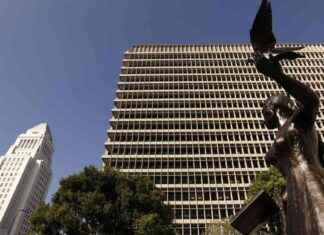Elon Musk’s Tesla is back in the spotlight this week with allegations that the company misled investors of the Nevada Gigafactory. A similar case, which was rejected by another court, was dismissed. The company claims that the new lawsuit is a “copycat lawsuit,” and it expects the lawsuit to also be rejected by the court.
The lawsuit was filed by a Teamsters pension fund which invested money into the Nevada Gigafactory in August 2017.
The case is a class action suit that is being filed on behalf of thousands of members of the union. California’s Supreme Court received the complaint on November 2 on behalf of the Inter-Local Pension Fund.
The complaint suggests that Tesla misrepresented the factory’s ability, claiming the ability to produce 5,000 Model 3s per month. Musk has claimed in the past that the company would be able to produce well beyond this volume of vehicles.
The complaint alleges that Tesla admitted to the plant’s inability to meet the 5,000 per week capacity and also that the Gigafactory 1 is unable to produce enough batteries for the Model 3. The plant in Nevada is receiving $1.3 billion in a public subsidy package over a period of 20 years. Tesla has spent billions on the factory and employees thousands of people at the plant.
The pension fund claims that the company has violated the Securities Act of 1933, and seven investment banks have also been named in the lawsuit.
Tesla isn’t the only company to come under fire in recent months.
“Wells Fargo Clearing Services, LLC and Wells Fargo Advisors Financial Network, LLC were recently ordered to pay more than $3.4 million in restitutions for unsuitable recommendations and related supervisory failures,” reports Meyer Wilson.
Tesla’s circular, which the plaintiffs have submitted as evidence, highlights the company’s claim that the Gigafactory will be able to produce enough batteries to support the production of 5,000 Model 3’s per week and 10,000 Model 3’s per week in 2018.
An additional comment on the circular claims that the plant will be able to support an annual production of 500,000 Model 3s.
The company’s investment circular was also released in the weeks and months following news that the company was suffering from production issues at their Nevada and California plants. Tesla, in June 2018, finally hit the production of 5,000 Model 3s per week.
The previous lawsuit was dismissed due to Tesla and Musk providing enough documentation outlining warnings and cautions that the company may not be able to meet their ambitious goals.






